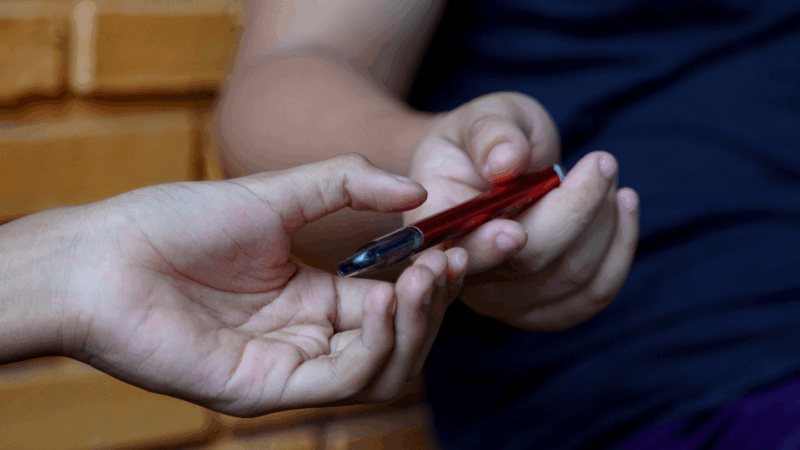
addicted: (adj. addictive) Unable to control the use of a habit-forming drug or to forego an unhealthy habit (such as video game playing or phone texting). It results from an illness triggered by brain changes that occur after using some drugs or engaging in some extremely pleasurable activities. People with an addiction will feel a compelling need to engage in some behavior, such as using a drug (which can be alcohol, the nicotine in tobacco, a prescription drug or an illegal chemical such as cocaine or heroin) — even when the user knows that doing so risks severe health or legal consequences.
ADHD: Short for attention deficit hyperactivity disorder. This condition is characterized by an ongoing pattern of being impulsive (acting without thinking, for instance), inattentive (have trouble staying on task) or hyperactive (fidgeting excessively or seeming overly restless and talkative). Someone can have any or all of these symptoms — and often at a level that tends to get in the way of their functioning effectively.
anxiety: A nervous reaction to events causing excessive uneasiness and apprehension. People with anxiety may even develop panic attacks.
attention: The phenomenon of focusing mental resources on a specific object or event.
behavior: The way something, often a person or other organism, acts towards others, or conducts itself.
cancer: Any of more than 100 different diseases, each characterized by the rapid, uncontrolled growth of abnormal cells. The development and growth of cancers, also known as malignancies, can lead to tumors, pain and death.
chemical: A substance formed from two or more atoms that unite (bond) in a fixed proportion and structure. For example, water is a chemical made when two hydrogen atoms bond to one oxygen atom. Its chemical formula is H2O. Chemical also can be an adjective to describe properties of materials that are the result of various reactions between different compounds.
depression: (in…
Read the full article here
